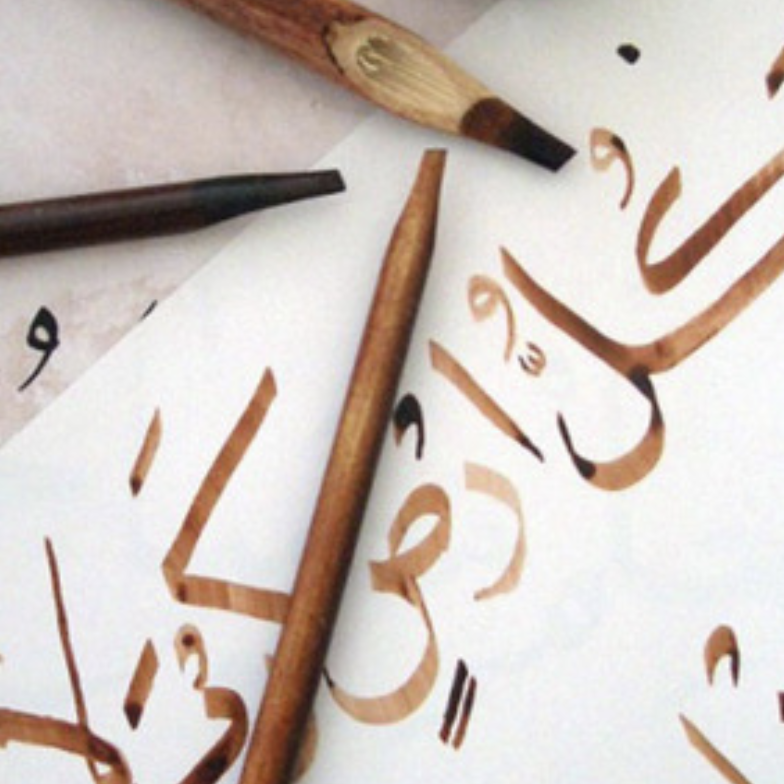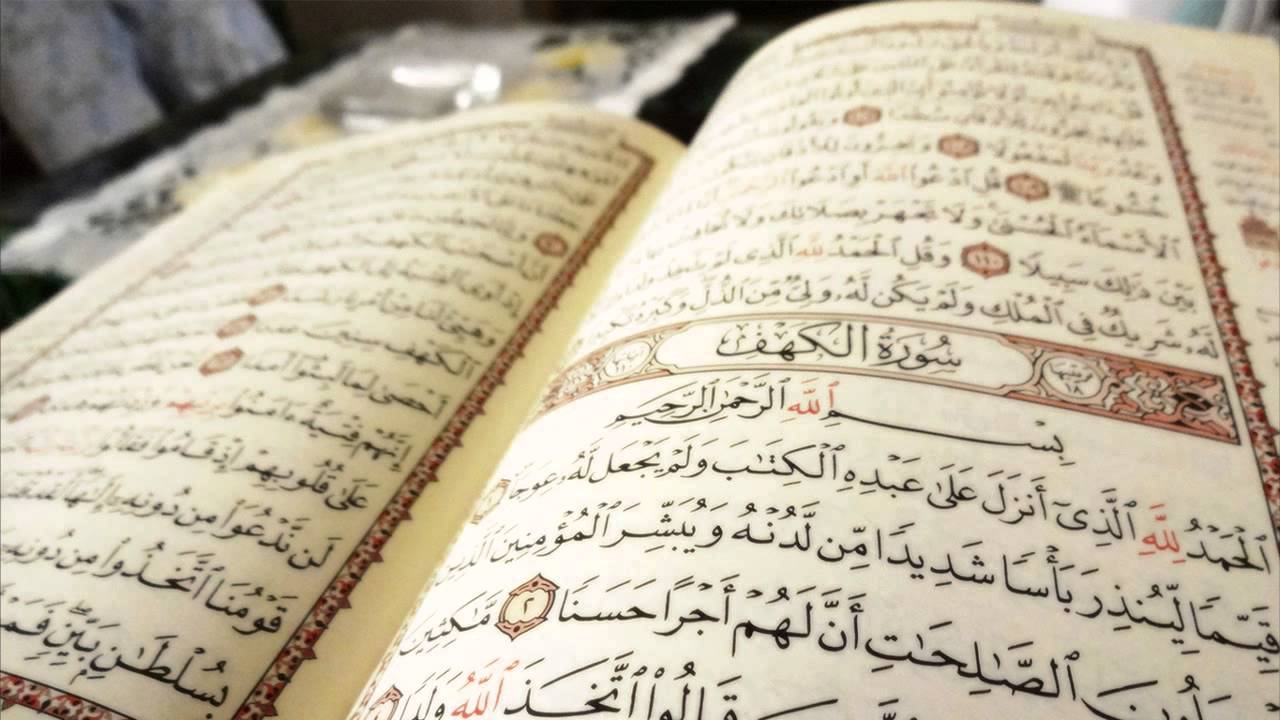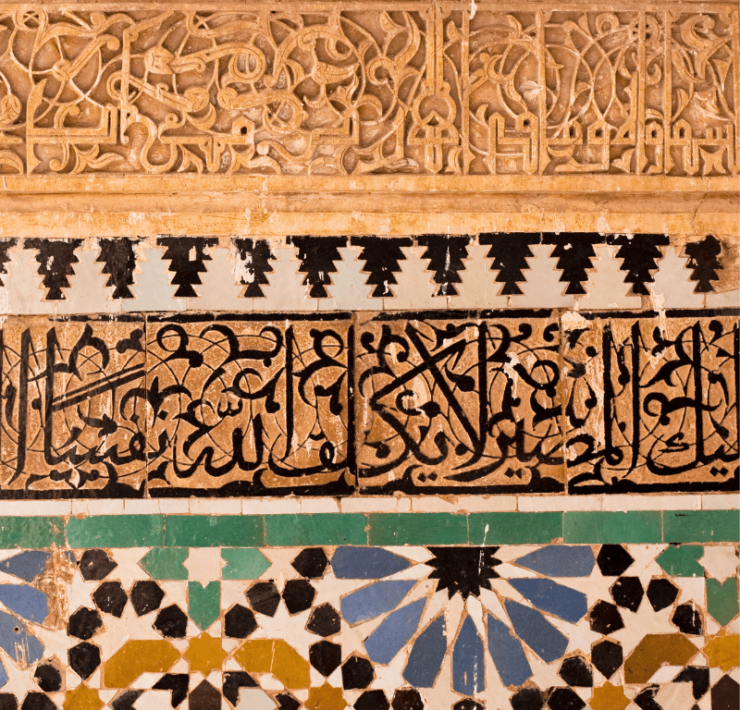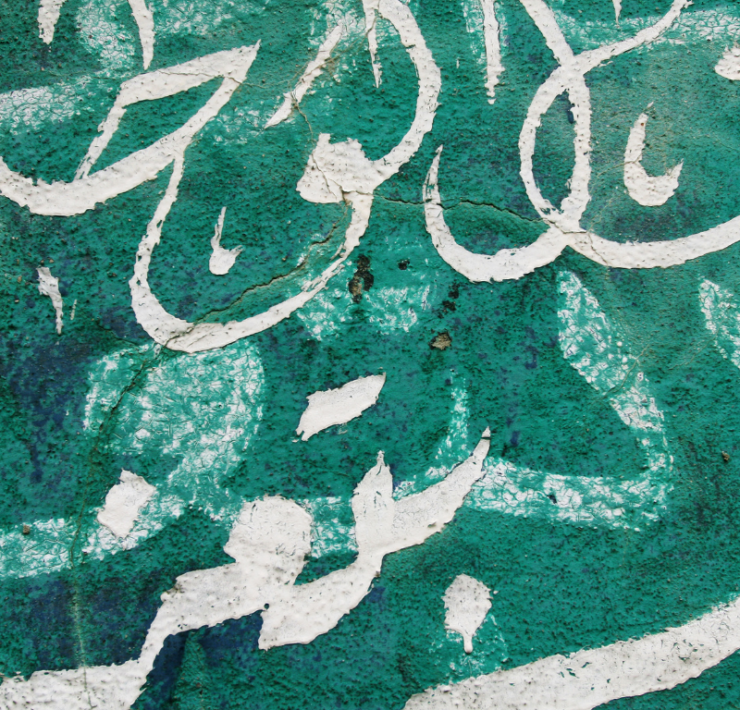So you’ve decided to give learning Arabic a go (great decision, by the way!), but now you’re realising that it’s not quite that simple… While Arabic is spoken across the Middle East and North Africa from Western Sahara to Oman, each country has its own dialect and these can differ significantly from country to country and even from town to town.
And before you even think about which dialect you might like to specialise in, you need to decide whether you should even be learning a dialect at all (yet!), or whether you should focus on learning Modern Standard Arabic instead.
Firstly, you’re not alone! Almost everybody who decides to learn Arabic battles with this question.
On the one hand, Modern Standard Arabic (or fusha) is understood at least somewhat across the whole of the region, unlike some local dialects (amiyya). On the other, very few Arabs actually speak it on the street – which can be hugely frustrating when you’ve spent a ton of time learning grammar, only to find you’re never actually going to use it!
So what should you learn, Modern Standard Arabic or a local dialect? Fusha or amiyya?
The truth is, there’s no one-size-fits-all answer to this question – so be wary of anyone who tells you there is! It really depends on WHY you’re learning Arabic in the first place and what you’re planning to use it for. The pros and cons lists below will help you decide which is right for you…
MSA
Modern Standard Arabic (also known as MSA, classical Arabic or fusha) is the grammatically correct, standardised Arabic used in writing and most formal speech across the Arab world. Most new Arabic students tend to learn MSA, particularly in universities. MSA is understood by most Arabs, though it is considered very formal and few people use it on the street.
PROS of learning MSA
- Learning MSA will allow you to understand the Arabic media, official documents, books and academic journals – basically most written materials – across the Middle East and North Africa, regardless of what dialect the locals actually speak. This is particularly helpful if you are likely to be using Arabic at work or studying the literature and politics of the region. It’s also helpful for keeping up with regional news and developments if you’re not actually based in the Middle East.
- MSA is structured and grammatically correct, unlike local dialects which are more informal and have developed as spoken languages. So some people actually find MSA easier – though this depends on how you prefer to learn.
- MSA is considered to be the purest version of Arabic and it is widely respected across the Middle East & North Africa – and among non-Arab Muslims worldwide – because it is the language of the Quran. Learning MSA therefore offers a unique insight into Arabic culture and Islam.
- There are lots of books, websites and other resources availablefor learning MSA, compared with relatively few dialect learning resources.
- And probably the biggest benefit of all – even if MSA is not widely spoken, it is at least understood by most people across the whole of the MENA region (with the possible exception of some remote, rural communities). So while MSA may not always be the most practical, you don’t run the risk of learning something that’s useful in one country but totally useless in another.
CONS of learning MSA
- MSA is not really spoken on the street. If you try and speak MSA to the locals, you might get some funny looks and even a few laughs depending on where in the Arab world you are. (Personally, I’ve generally found that Levantine and Gulf Arabs are very happy to speak to you in MSA. In North Africa, on the other hand, I’ve found people a little more reluctant – but that’s just my experience!)
- It’s HARD. Yes, it’s more structured than dialect and there are more learning resources available, but the grammar can be a real b*tch. Plus, it can be hard to motivate yourself to learn tables and tables of verb conjugations and case endings, knowing that you’re probably never actually going to use them except to pass an exam.
- Because MSA tends to be written rather than spoken, it can be difficult to find opportunities to practice. Most educated Arabs speak English (or other European languages), and this often feels more natural to people than having a conversation in fusha.
Dialect
Arabic dialects (known locally as amiyya or lahja) differ vastly from country to country – and even town to town – across the Middle East and North Africa. The Pros and Cons of learning a dialect depend largely on which dialect you want to learn.
Some dialects, like Egyptian, are reasonably well understood throughout the region (this is because Egypt is a very large country with huge media and entertainment industries, so Egyptian films have been widely distributed across the region). Others, like Iraqi and Moroccan, are quite distinct and difficult to understand if you’re not familiar with them.
PROS of learning a dialect
- You will use it in conversation with local people far more than you might use MSA. Amiyya is the language of the street. It is, by its very nature, colloquial.
- So not only is it practically very useful in everyday life, it’s also easy to find opportunities to practice if you’re based in the region.
- Many consider learning a dialect easier than learning MSA. Because they’re more colloquial in nature, dialects are easier to pick up through speaking and listening (not to mention there’s very little grammar to wrap you’re head around, which can be a huge turn-off with MSA!).
CONS of learning a dialect
- While learning a local dialect is incredibly practical, certain dialects are completely useless outside of the country where they’re spoken. Some dialects might as well be different languages – and even some Arabs struggle to understand each other! For example, an Egyptian Arabic teacher of mine once told me that when she visits Morocco, she doesn’t understand a word of the Moroccan dialect (or darija as it is known locally). So by choosing to learn a local dialect instead of MSA, you run the risk of being right back at square one should you decide to move or travel to a different part of the region.
- Learning a dialect will not be very helpful if you want to read books or understand most Arabic media, which are usually in MSA.
- While local dialects can be easier to pick up through listening and speaking to the locals, if you’re the kind of person who prefers more structured learning then you might prefer MSA. Like any colloquial, spoken language, amiyya tends to throw the rule book out the window!
- As already mentioned above, there are not many resources available for learning local dialects – though, again, this depends on which dialect you want to learn. For example, there are more resources out there for learning Levantine and Egyptian than, say, Gulf Arabic.
 “Amiyya is the language of the street” – Downtown Cairo (image: Lin Loke Travel)
“Amiyya is the language of the street” – Downtown Cairo (image: Lin Loke Travel)
At the end of the day, whether you decide to learn MSA or a local dialect depends entirely on your reasons for learning Arabic in the first place.
If you have a longer-term view to learning the language and you’d eventually like to learn multiple dialects, it might be a good idea to learn MSA first. This will give you a solid foundation in the grammar and origins of the language, and might help you avoid confusion and crossover between different dialects by helping you understand how they’re all linked.
The same applies if you’re not sure where in the region you’re likely to be spending time. It’s better to learn MSA and pick up a dialect later than to learn a dialect you might never actually use.
Likewise, if you’re learning for work or out of interest in the region’s politics and culture, but you’re not actually going to be based in the region, you’ll probably find MSA most useful for understanding written Arabic and the media.
On the other hand, if you’re learning Arabic for practical purposes (for example, you’re moving to the region or are interested in a specific country), learning a local dialect will probably be more useful – not to mention it will save you hours of trying to get your head around complicated grammar. The same applies if your priority is speaking and conversation rather than reading and writing.
If you’re still here after reading all that, then you’re probably thinking Arabic sounds like a lot of drama… but whatever happens, don’t let this put you off learning! Learning any new language is incredibly rewarding, and Arabic is one of the most beautiful – not to mention useful – languages in the world.
And if you’re still not quite convinced, here are 5 reasons why…
Did you find this useful? You might also like:
5 reasons why you should learn Arabic











Your article is so nice and encouraging. I have Arabic heritage(Levantine speaking) though I’ve lived in the west all of my life. I suppose all of us would like to choose a dialect with which we can immerse ourselves and will adhere to, as opposed to having thought we could have chosen more consciously earlier on. When you choose one, you choose a culture too, and sometimes place specifications. I’m order to have this inducement, you need to feel some warmth or true interest for ‘your chosen one’. Then one more inquiry, do I learn written or spoken? Aha 🙂 Thank you for publishing your information. It’s a lovely read.
Thanks so much for your lovely comment Sohra! That’s so true about choosing a culture as well as a dialect, it goes so much deeper than just the linguistics! For more about dialects and which to choose, do make sure you’re signed up to our Facebook group for Arabic Learners if you aren’t already, we’d love to have you there!